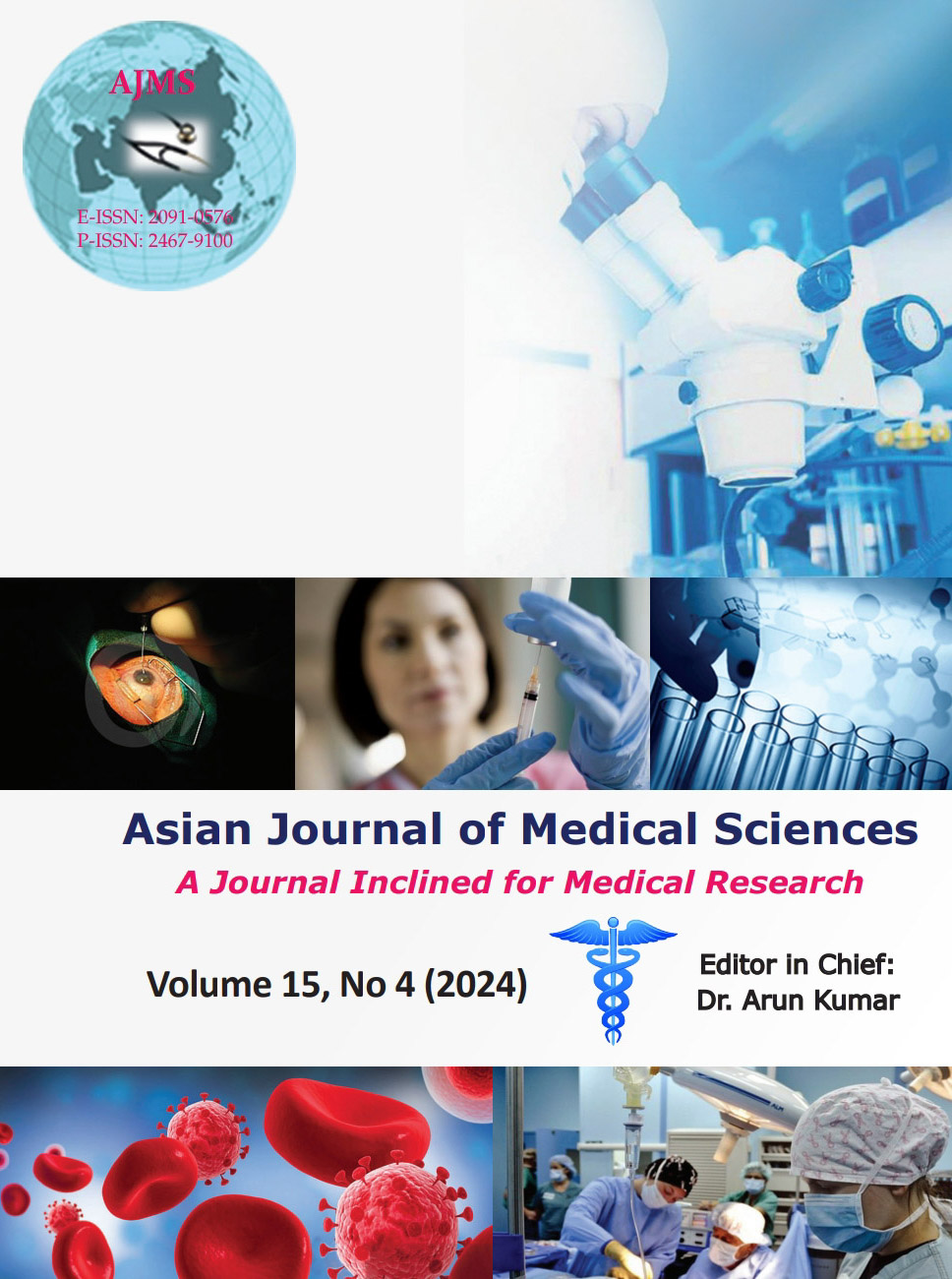A prospective study on change of QTc interval with antipsychotic medications in patients of schizophrenia and related psychotic disorder
Keywords:
Aripiprazole; Olanzapine; QT interval; RisperidoneAbstract
Background: Sudden unexplained death in individuals with mental health problems was described in 1960 and a link with antipsychotic drugs was postulated over 40 years ago. Down the years, a clear relation between electrocardiography (ECG) abnormalities and antipsychotic use was observed with special emphasis on QT prolongation. Various factors modulate the risk of QT prolongation including gender, age, race, and drug choice. An evaluation of antipsychotic use-induced QT changes in Eastern Indian population is the dire need of the hour.
Aims and Objectives: The aim and objective are to study the effects of risperidone, olanzapine, and aripiprazole on QT interval after a period of 4 weeks of usage in previously drug-naïve Eastern Indian psychotic patients.
Materials and Methods: A total of 78 drug-naïve patients fulfilling inclusion and exclusion criteria were randomly assigned to receive risperidone, olanzapine, and aripiprazole after a baseline ECG. A repeat ECG after 4 weeks of drug usage was done and compared using standard protocols with respect to QT interval. Findings were tabulated and statistical analysis was done using SPSS 25.0 to test for statistical significance at P<0.05.
Results: Our study found significant rise in QT values after 4 weeks of using olanzapine and aripiprazole, but not with risperidone. However, none of the patients from either of the groups experienced any incidence of QT prolongation. Rise with olanzapine was significantly higher than that with risperidone.
Conclusion: Caution is suggested in patients with risk factors for QT prolongation or a high value of QT during prescribing olanzapine. Studies with larger sample size can be carried out to find genetic predisposition of Indian population to anti-psychotic induced QT interval rise/prolongation.
Downloads
Downloads
Published
How to Cite
Issue
Section
License
Copyright (c) 2024 Asian Journal of Medical Sciences

This work is licensed under a Creative Commons Attribution-NonCommercial 4.0 International License.
Authors who publish with this journal agree to the following terms:
- The journal holds copyright and publishes the work under a Creative Commons CC-BY-NC license that permits use, distribution and reprduction in any medium, provided the original work is properly cited and is not used for commercial purposes. The journal should be recognised as the original publisher of this work.
- Authors are able to enter into separate, additional contractual arrangements for the non-exclusive distribution of the journal's published version of the work (e.g., post it to an institutional repository or publish it in a book), with an acknowledgement of its initial publication in this journal.
- Authors are permitted and encouraged to post their work online (e.g., in institutional repositories or on their website) prior to and during the submission process, as it can lead to productive exchanges, as well as earlier and greater citation of published work (See The Effect of Open Access).




